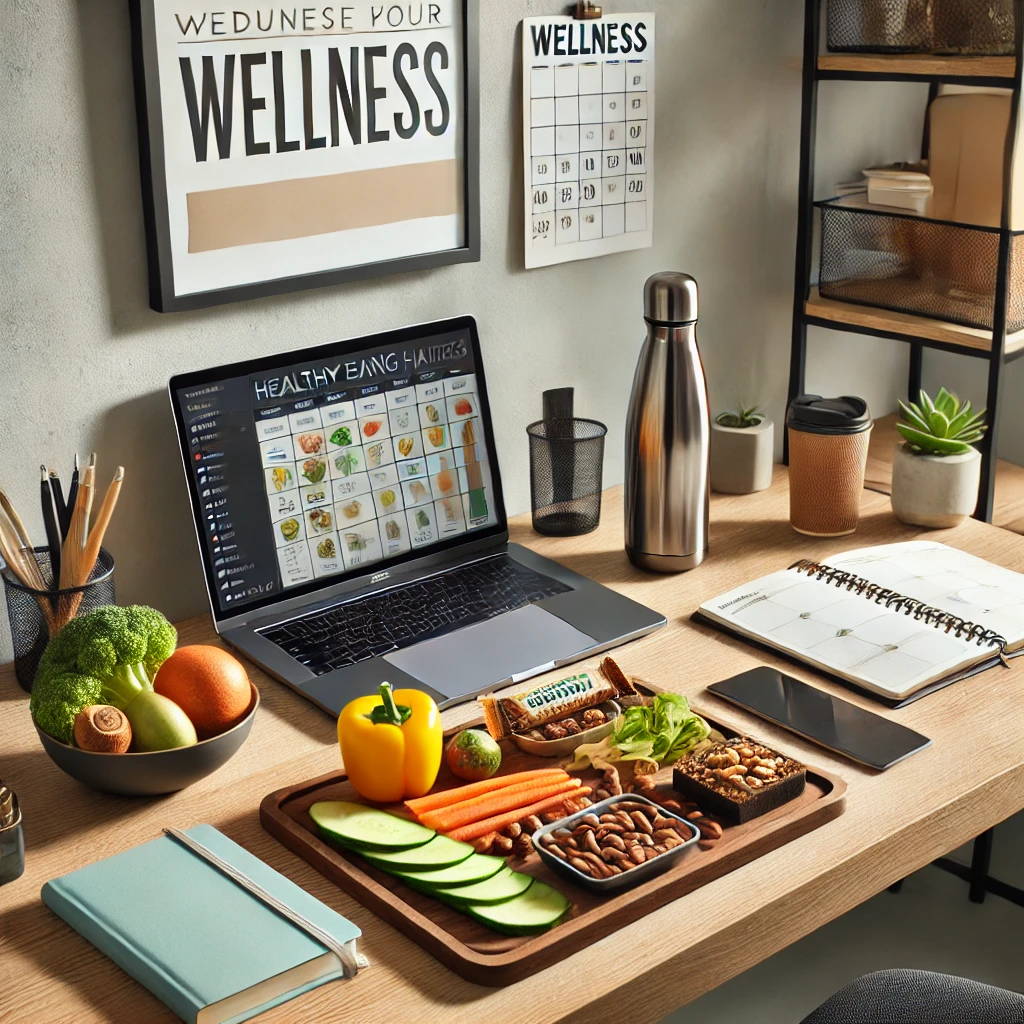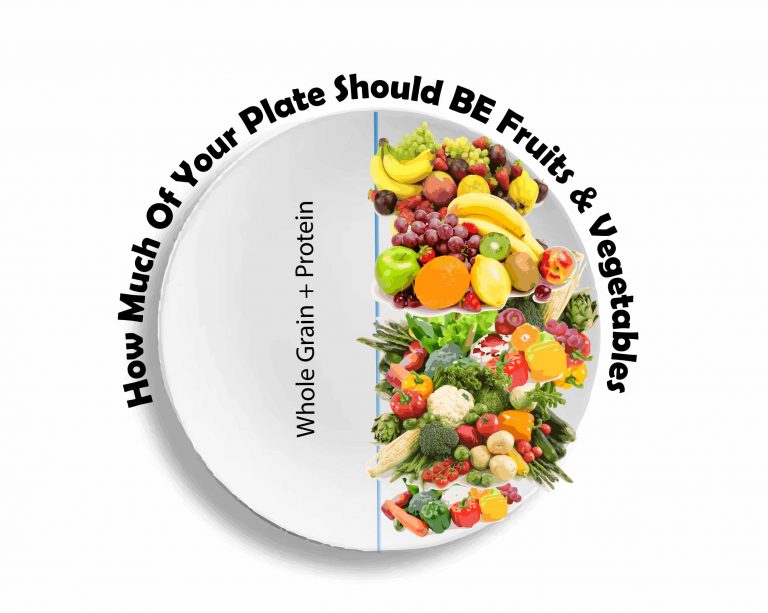11 Healthy Eating Habits for Busy Professionals

Healthy Eating Tips Busy Professionals Should Consider
Healthy eating is a big no-no, especially when one is on the go. As a matter of fact, work demands, meetings, and personal engagements often leave very limited time to bother about nutritionally correct meals for busy professionals. On the opposite hand, good eating is indispensable in sustaining energy, maintaining focused attention, and boosting productivity—all very important elements to meeting success in any career.
Healthy Meal Prep Ideas for Busy Professionals
The good news is that you do not have to change everything about your current style of living to start eating healthier. You can make a big difference in the way you think about food by diversifying your eating repertoire with a few easy, realistic habits that will not burden your already full agenda. Here are 11 healthy eating habits for busy working professionals:
1. Plan Your Meals in Advance
Meal planning is the best way to stick to healthy eating. You don’t always get to have an open schedule, and between back-to-back meetings or tight deadlines, the last thing you would want to think about is what to eat. Meal planning can save you from decision fatigue and inhibit your tendencies for takeout and quick, bad snacks.
Why it matters:
Planning your meals in advance saves countless nickels and hours of your time, and it also assures you of a healthy and nutritionally correct meal. It also helps you avoid impulse eating—which most often only results in eating something that could be wrong for you.
How to begin:
- Set aside a couple of hours on the weekend when you can plan out meals for the week: breakfast, snacks, and dinner.
- Get a meal planner application, or at least a simple notepad. Connect grocery shopping with your weekend preparation so you would have everything you may need.
- Get ahead of the curve and cook meals in bulk that can easily be reheated, such as soups, stews, or grilled chicken and vegetables, and have ready-to-go meals throughout the week.
2. Prioritize Protein and Fiber
Eating meals that keep you full and satisfied throughout the day can help avoid those mid-afternoon energy crashes. Two of the most important nutrients in keeping your body full are protein and fiber. Both of these help with blood sugar stabilization, curb hunger, and reduce snacking temptations toward foods that are not great for your body.
Why it matters:
Getting adequate protein and fiber will have you feeling fuller for longer, so you’re less likely to reach for sugary snacks or that extra cup of coffee when you’re feeling fatigued.
How to begin:
- Include lean protein in every meal, such as chicken, fish, tofu, or beans.
- Include high-fiber foods in every meal, like whole grains, fruits, and vegetables. Replace white bread with whole-grain bread during a meal, or instead of a snack, have an apple and include a side salad with lunch/dinner.
- Snack on fiber-rich foods throughout the day. Apples, almonds, or hummus with carrots between meals would keep your energy level even.
3. Hydrate Throughout the Day

It is about staying hydrated; this keeps one focused and maintains the level of energy, though mostly overpassed when one happens to get busy. In addition, it may cause fatigue, headache, or even cognitive malfunction, which will negatively affect productivity.
Why it matters:
Water enables essentially all of the major bodily functions, from body temperature and digestion to maintaining concentration.
How to start:
- Enjoy a refillable water bottle at your desk and drink at least 8 cups (64 oz) of water during the day.
- Set a reminder on your phone or computer to take a water break every hour.
- In case the taste of plain water seems not to intrigue you enough, then it is time to infuse it with fruits such as lemons, cucumbers, or mint leaves for an added taste without adding sugars.
4. Eat Mindfully, Even When Busy
It’s so tempting to make eating at your desk a routine while you answer emails, multitask through meetings. But autopilot eating can be a surefire way to overeat or cramp with indigestion later because you’re really not paying much attention to what, or how much, is going into your mouth.
Why it matters:
To eat more mindfully means to listen to the body’s points of hunger and fullness, which stops overeating and allows rejoicing in meals.
How to start:
- Take 10 to 15 minutes for meal break and, if possible, away from your desk. Go for a walk outside or find any quiet area where you will be able to give all your attention to the food.
- Chew your food slowly; give yourself time to savor every morsel. This makes digestion easy and also provides your brain with sufficient time to give the signal of satiety.
- Avoid distractions such as scrolling through your phone or watching TV while eating.
5. Snack Smart

Snacking is not necessarily bad, provided it is sufficiently observed. In fact, snacking on small, nutritious snacks throughout the course of a day can help keep the energy levels up and deter overeating at meals, as it all depends on the type of snack chosen.
Why it matters:
Healthy snacking prevents extreme hunger, which most times results in making the wrong food choices. Snacks high in protein and fiber will give energy that can persist between meals.
How to start:
- Prepare snacks in advance to avoid the temptation of going to the vending machine. Always have healthy snacks like nuts, fruits, or whole-grain crackers handy.
- Try to curb over-snacking by sticking to portion-controlled snacks. Package in single-serving sizes instead of eating nuts or trail mix out of a large bag.
- Opt for snacks that mix protein with healthy fat to keep energy stable, such as Greek yogurt with chia seeds or a small handful of almonds with an apple.
6. Avoid Sugary Drinks and Snacks
While sweets and sweetened beverages may provide an instant burst of energy, they are invariably followed by an inevitable crash, which leaves you feeling even more tired than before. And if regularly consumed, excessive sugar can lead to weight gain and potentially other serious health issues.
Why it matters:
Overconsuming sugars has the effect of spiking your blood sugar, then soon you find yourself on an energy crash, leaving you sluggish, cranky, or just a worse version of yourself later.
How to start:
- Avoid high-calorie drinks, such as sodas or energy drinks, for healthier alternatives including sparkling water, unsweetened tea, or just black coffee.
- If you crave something sweet, opt for natural sources of sugar like fruit, or try a piece of dark chocolate, which has less sugar and more antioxidants than milk chocolate.
- Gradually reduce the amount of sugar in coffee or tea to help your taste buds get accustomed to this over time.
7. Control Portion Sizes
This is where portion control becomes significant, especially if one is eating out or ordering food. Large portions can trick one into eating more than they need, and over time, that can lead to weight gain.
Why it matters:
Controlling portion sizes helps you avoid overeating, even when restaurants or packaged foods serve larger-than-necessary portions.
How to begin:
- Try eating off of smaller plates or bowls, and you will be surprised at just how simple portion control can be. Using smaller plates for dinner can trick the brain into thinking it’s getting adequately full when, in fact, it has consumed less food.
- When eating out, consider splitting a meal with a colleague or saving half for later. Many restaurant portions are double or even triple what’s considered a healthy serving size.
- Measure snacks like chips, nuts, or popcorn to prevent mindlessly consuming large portions.
8. Incorporate More Whole Foods
Processed foods are usually high in refined sugars, unhealthy fats, and additives that drain your energy and contribute to long-term health problems. However, whole foods are minimally processed, nutrient-dense foods that fuel your body and mind for consistent energy throughout the day.
Why it matters:
Whole foods provide the vitamins, minerals, and fiber your body needs to work its best. The whole foods also reduce less healthy fats, sugars, and sodium.
How to start:
- Consume more fruits, vegetables, whole grains, legumes, and lean proteins. Foods from this category are naturally nutrient-dense and filling.
- Replace processed food with healthier options. In this case, whole-grain bread instead of white bread may be consumed, or brown rice or quinoa may be eaten instead of white rice.
- Gradually reduce your intake of processed foods such as chips, cookies, and fast foods, replacing them with fresh or minimally processed alternatives.
9. Have Time for a Well-Balanced Breakfast
Breakfast is quite literally referred to time and again as the most important meal of the day, and rightfully so. A balanced breakfast can kickstart your metabolism, focus your mind, and set the pattern for healthy eating options for the rest of the day.
Why it matters:
A balanced breakfast provides your body with the fuel for energy and the nutrients to tackle the tasks of the day ahead and helps prevent overeating later.
How to begin:
- Now, look for a breakfast that contains protein, fiber, and some healthful fats—easy options are those types of meals: scrambled eggs with whole-grain toast, Greek yogurt with berries and nuts, or a smoothie with protein powder and spinach.
- Mug up: If your mornings are crazy, prep your breakfast ahead of time. You can make overnight oats, chia seed pudding, or even smoothie bags to save you much time in the morning for something else.
- AVOID foods high in sugar—sugary cereals or sweet pastries—which can inadvertently cause a rise in blood sugar, only to crash later
, which will lead to further hunger and less energy later in the day.
10. Limit Eating Out
Though going out to eat may seem convenient, it can also result in a lot of poor food choices. Restaurant portions tend to be significantly larger than home-cooked meals, and many of them are loaded with unhealthy fats, sugars, and salt.
Why it matters:
Eating out leads to consuming larger portions of food that may be prepared with unhealthy oils or extra sugars and sodium, which can add up quickly if you’re frequently dining out.
How to start:
- Look for healthier options on restaurant menus, like salads, grilled fish or chicken, or roasted vegetables. Ask for sauces and dressings on the side to control how much you use.
- If you must order takeout, stick to healthier options such as salads, wraps, or grain bowls instead of fried or heavily processed foods.
- Try to dine out less frequently and choose home-cooked meals as much as possible. If you plan ahead with meal prep, you’ll have something ready when you’re hungry and not tempted by fast food or takeout.
11. Practice Consistency Over Perfection
It’s easy to fall into the mindset of “all or nothing” when it comes to healthy eating habits. However, this can be counterproductive and unsustainable in the long term. Instead, focus on small, sustainable changes you can stick to over time.
Why it matters:
Consistency is more important than perfection. Building healthy eating habits slowly but surely will create long-lasting changes, whereas being too restrictive or hard on yourself can backfire and lead to burnout.
How to begin:
- Don’t beat yourself up if you indulge in a treat or fall off the wagon every once in a while. It’s all about balance, so allow yourself the occasional indulgence without guilt.
- Set realistic goals for your eating habits, and celebrate your small wins along the way. For example, if you’re used to eating fast food every day, start by replacing one meal a day with something healthier, and gradually increase from there.
- Focus on creating balance in your diet rather than cutting out entire food groups or going on extreme diets that are difficult to maintain in the long run.
Conclusion
Eating healthy does not have to be overwhelming, even for the busiest professionals. You can start small with a few of these habits, whether it’s meal planning or staying hydrated throughout the day, and gradually build from there. By developing these healthy eating habits, you’ll boost productivity, energy levels, and overall well-being in your work and personal life. Your health is an investment in your success!



